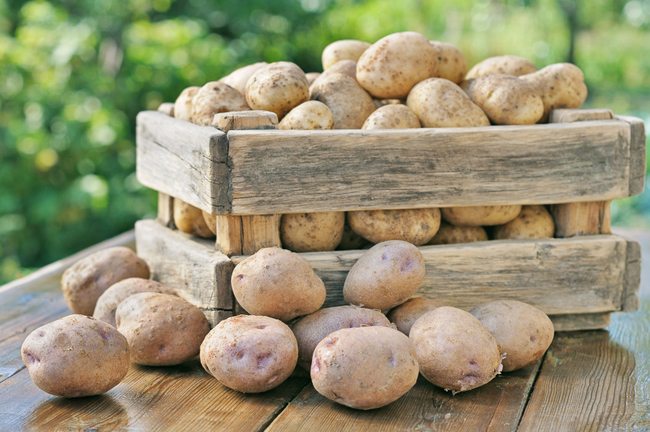
- Anti-Inflammatory Carbs Verse Pro-Inflammatory Carbs
- How Do “Bad” Pro-Inflammatory Carbohydrates Promote Inflammation?
- The Insulin-Inflammation Connection
- Phytonutrients + Fiber = Less Inflammation
- Maximizing the Inflammation-Extinguishing Benefits of “Whole”Carbohydrates with an Anti-Inflammatory Diet Menu
The truth about carbohydrates (carbs) has been trapped in a labyrinth of erroneous information for decades but in order to reap the full benefits of an anti-inflammatory diet you need to get your carbohydrate facts straight.
First, your body, particularly your brain and muscles, requires carbohydrates more than any other energy-containing substance. That means your body needs more carbohydrate calories to function than it does fat or protein.
Carbohydrates are also nature’s “cleanest” burning fuel source for your body. Carbohydrates burn “clean” because they turn into glucose, water and CO2, which you breathe out with every breath. If your body doesn’t get enough of them, it senses starvation and sends “FEED ME”signals pretty loud and clear. Additionally, some of the most nutrient-dense and antioxidant-rich foods on the planet are composed primarily of carbohydrates, including all fruits, vegetables, beans, legumes, and whole grains, so if you don’t eat enough carbohydrates you actually short change your body on nutrients.
So yes, you need to eat carbohydrates, but you also need to recognize that not all carbohydrates are equal…
Anti-Inflammatory Carbs Verse Pro-Inflammatory Carbs
In following an anti-inflammatory diet and trying to choose anti-inflammatory foods you absolutely need to get a handle on understanding which carbohydrates promote inflammation and which carbohydrates decrease inflammation.
In simple terms, the pro-inflammatory carbohydrates include sugar of all sorts, white rice and refined carbohydrates made from refined or “enriched” flour (such as pizza crust, bagels, most breads, crackers, most packaged cereals, cookies, cakes, etc.) In comparison, anti-inflammatory carbohydrates are the unrefined “whole” carbohydrates that come packaged just the way nature designed them including all fruits, vegetables, beans, legumes, and unrefined non-flour whole grains. All anti-inflammatory carbohydrates are also brimming with nutrients, including phytonutrients and antioxidants.
How Do “Bad” Pro-Inflammatory Carbohydrates Promote Inflammation?
The “bad” refined carbohydrates are not nearly as pro-inflammatory as the “bad” fats (animal based saturated fat, refined and excess intake of omega-6 fats and trans fats) but refined carbohydrates absolutely do promote inflammation and should be eliminated as much as possible if you are trying to follow an anti-inflammatory diet.
Refined carbohydrates are pro-inflammatory for two important reasons:
- Refined carbohydrates (flour, sugar and white rice) are devoid of fiber and very easy to over consume. If carbohydrates are not burned for energy they can be converted into pro-inflammatory saturated fat. The type of saturated fat your body manufactures from carbohydrates is a particularly dangerous type of saturated fat called palmitic acid that not only increases inflammation but is also directly linked to heart disease.
- Because refined carbohydrates are so easy to over-consume, they are a direct contributor to obesity and excess body fat increases systemic inflammation. Excess body fat also increases the risk of all inflammatory conditions.
The Insulin-Inflammation Connection
All carbohydrates convert to sugar in the blood, and the more refined the carbohydrates are, the quicker the conversion goes.
Refined carbohydrates such as crackers and white bread cause a rapid rise in blood sugar, which in turn triggers your pancreas to produce a surge of insulin in order to escort the sugar into your cells and out of your bloodstream (high blood sugar levels are dangerous.) However, excess insulin is a problem. Not only does excess insulin promote the storage of pro-inflammatory body fat, excess insulin also activates enzymes that cause your body to produce a type of fat called arachidonic acid (AA) that can promote the production of inflammatory messengers. Although some amount of AA is necessary for your body to function optimally, an excess of AA can be detrimentally inflammatory.
One way you can control inflammation and prevent your body from producing excess amounts of insulin and too much AA is by simply avoiding refined carbohydrates and choosing unrefined “whole” carbohydrates in their natural form. “Whole” carbohydrates should lay the foundation of your anti-inflammatory diet pyramid.
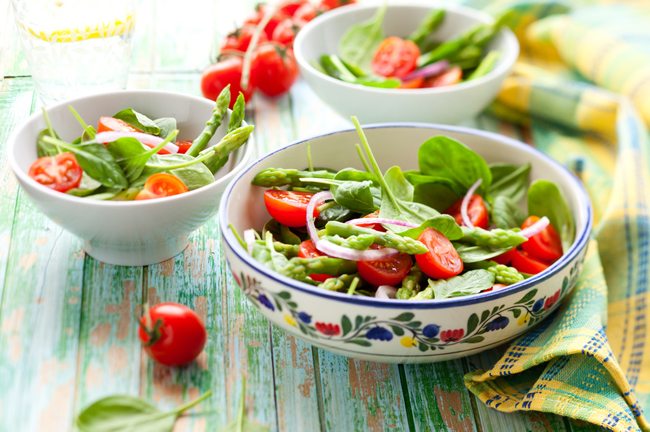
Phytonutrients + Fiber = Less Inflammation
“Whole” carbohydrates in the form of all fruits, vegetables, beans, legumes, and unrefined non-flour whole grains come packaged with a broad spectrum of anti-inflammatory substances, particularly fiber and phytonutrients.
Fiber is a critical nutrient naturally present in all plant-based “whole” carbohydrates but it is not found in animal foods. Not only does fiber help control pro-inflammatory body fat and escort toxins out of your body, it also directly reduces inflammation and lowers C-reactive protein levels (C-reactive protein is a measure of inflammation in your bloodstream.)
“Whole” carbohydrates also come packaged with an abundance of inflammation-fighting phytonutrients. Most of the phytonutrients in “whole” carbohydrates function as antioxidants in your body, meaning they reduce oxidative stress. Oxidative stress can be thought of as “internal rusting”. Inflammation and “internal rusting” are intimately connected as inflammation promotes “internal rusting”and “internal rusting” promotes inflammation. In other words, they are both the cause and effect in our body. The phytonutrients in “whole” carbohydrates work in a myriad of ways to protect against disease, fight inflammation, and activate your body’s own antioxidant control system. And, phytonutrients don’t stop working when the day is done either; they cycle through your body for three to five days after ingestion, acting as powerful anti-inflammatory work horses around the clock.
Maximizing the Inflammation-Extinguishing Benefits of “Whole”Carbohydrates with an Anti-Inflammatory Diet Menu
Although all “whole” carbohydrates can be classified as good anti-inflammatory foods, it is true that some people have a more difficult time handling starchy “dense” carbohydrates than others. Some people will have a difficult time keeping their body fat down, and thus controlling inflammation, if they eat too many starchy carbohydrates. For example, more muscular and active individuals will have big hungry muscles that can quickly handle the excess sugar from eating a large pile of mashed potatoes. Less active, not-very-muscular individuals or those who are overweight and not sensitive to the effects of insulin might not be able to handle the mashed potatoes the same way.
Although it is beyond the scope of this article to go into too much detail, if you have an issue with controlling your body weight you will want to consume primarily non-starchy vegetables and greens as your carbohydrate foundation followed by fruits, beans, colorful, starchy carbohydrates (sweet potatoes, corn, butternut squash, turnips, carrots, etc.), potatoes with their skins on (and yes, mashed potatoes can be made with the skins on and still taste good!), and unrefined non-flour “whole”grains. In real life this means your carbohydrate intake for the day if you are someone who has a difficult time losing weight might be fruit with whole grain cereal (such as steel cut oats) for breakfast, a very large raw salad with dark leafy greens and chopped raw vegetables plus a big bowl of bean soup at lunch, a fruit and greens smoothie for a snack and a starchy carbohydrate (such as corn, peas, sweet potato, butternut squash, etc.), more salad and a cooked vegetable with dinner and fruit with dessert. This sample anti-inflammatory diet menu of course does not factor in fats or protein, just carbohydrates. And of course if weight management is not an issue or you are active and muscular you can eat considerably more carbohydrates than this. And for whatever it is worth, the best way to train your body to be able to handle more carbohydrates is to strength train on a regular basis.
Our own Full Fitness Fusion workout is great for strength training and only takes 30 minutes to do. Learn more by clicking the image link below.
Our website also offers many additional fitness video routines for strength training, circuit training, and carb burning. BROWSE HERE.
Note: It is worth mentioning that flours of all sorts, including “whole”wheat and “whole” grain flour should be avoided by individuals who have a difficult time managing their body fat. This is because whole wheat that is finely ground is absorbed into the bloodstream quickly and can therefore ignite a pro-inflammatory insulin response.
For our 7th and final Anti-Inflammatory Diet Tip click HERE.



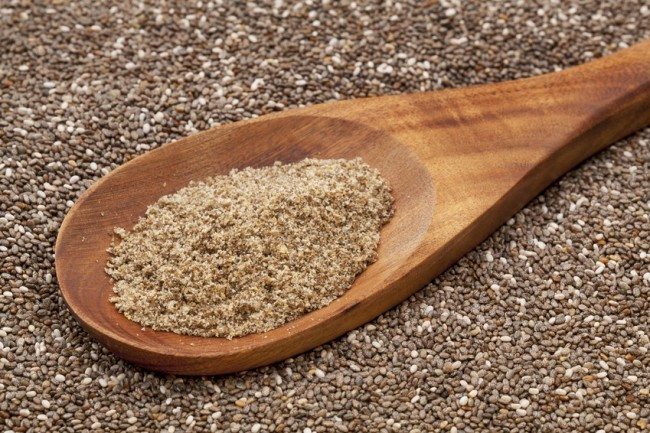

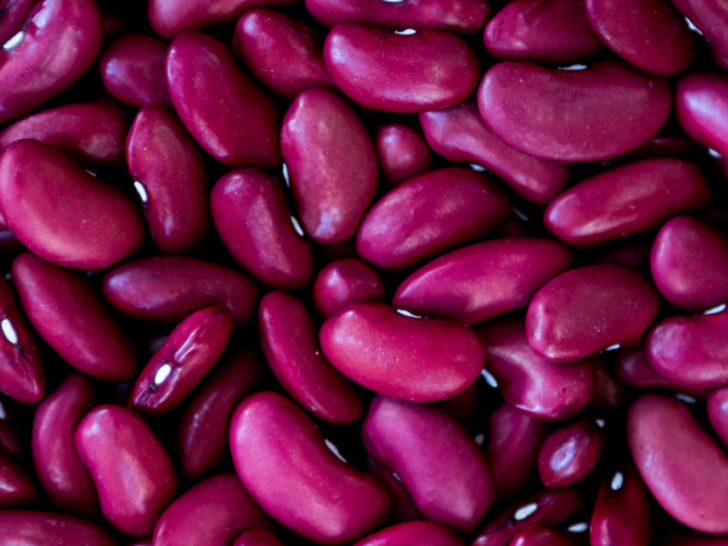
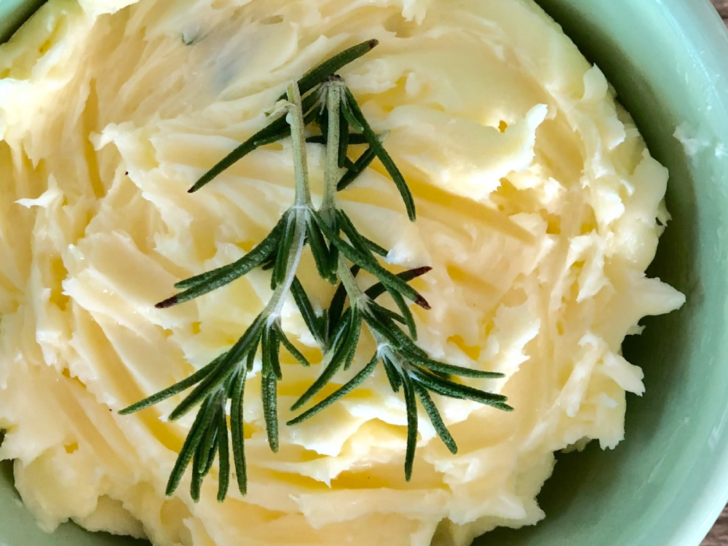
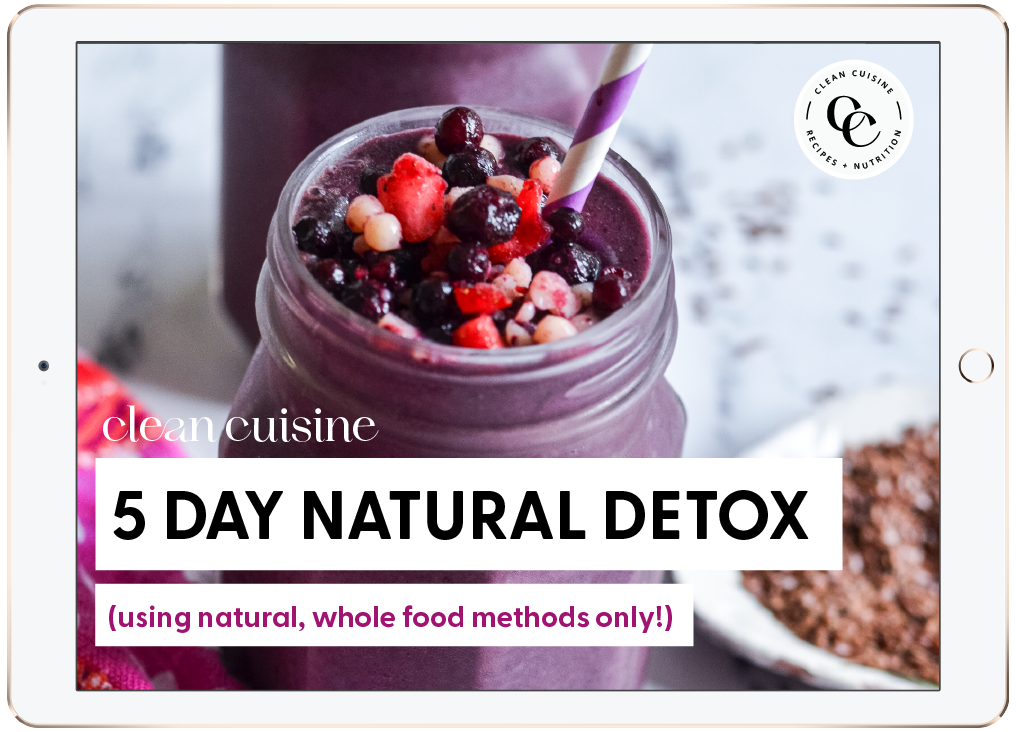

PAM
Monday 31st of January 2022
Very good explanation of why we need to follow a well balanced, healthy diet that includes vegetables, fruits, whole grains, legumes and lentils. Keep up the good work!